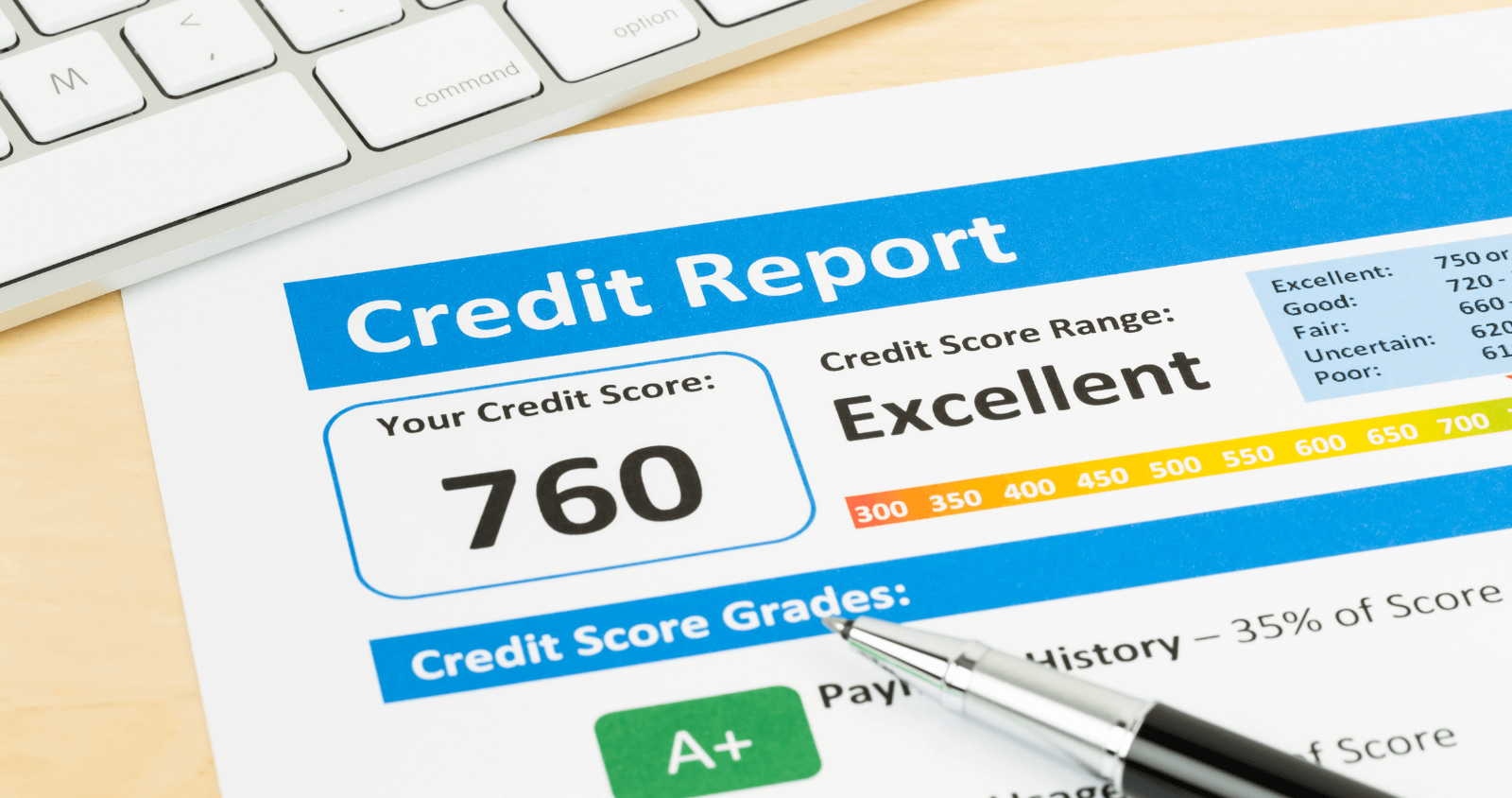Jul 09, 2025
5 min read
What Happens If You Miss a Business Loan Payment?
Business loans can be a critical source of working capital, helping...
Read story

In today’s business landscape, maintaining a robust business credit score is essential for securing favorable financing, building trust with suppliers, and ensuring long-term stability. A strong credit profile improves your ability to access capital, negotiate better terms, and support future growth opportunities. However, many business owners struggle with understanding how to enhance their credit score effectively.
This article offers a comprehensive guide to improving your business credit score, with actionable insights to help you navigate the complexities of credit management. Whether you’re looking to monitor your credit report, manage debt, or build stronger vendor relationships, these strategies will empower your business to build a solid financial foundation and unlock new opportunities.
Monitoring your business credit report is a proactive way to protect and improve your credit score. Frequent reviews help you spot errors, detect unauthorized activities, and understand how lenders perceive your business. Staying aware of your credit standing allows you to make informed financial decisions and adjust strategies as needed.
Steps to monitor your credit effectively:
Keeping a close eye on your credit report ensures that you remain in control of your financial reputation. A well-maintained credit profile not only helps you avoid negative surprises but also positions your business for better financing opportunities.
Consistently paying your bills on time is essential for improving your business credit score. Payment history is one of the most critical factors in credit scoring models. Timely payments demonstrate financial responsibility, build trust with creditors, and reduce the likelihood of penalties that could harm your score.
Strategies for ensuring timely payments:
By building a consistent payment history, your business demonstrates reliability to lenders and vendors, unlocking access to more favorable financing options. On-time payments not only protect your credit but also contribute to a positive credit profile over time.
Managing your debt-to-credit ratio—also known as credit utilization—is crucial for improving your business credit score. This ratio measures how much of your available credit you are using, and maintaining it at a low level signals to lenders that your business is financially stable. A ratio below 30% is generally recommended by financial experts to demonstrate responsible credit management.
Tips for managing credit utilization effectively:
By keeping credit usage low, you not only improve your credit score but also enhance your borrowing potential with lenders. Monitoring and managing this ratio regularly ensures you stay on top of your finances and build a solid foundation for long-term financial health.
Requesting higher credit limits on your existing accounts can lower your credit utilization ratio, improving your business credit score. A higher credit limit gives you more financial flexibility, as long as you avoid the temptation to overspend. This approach helps keep your credit usage low while demonstrating strong financial management to lenders.
Best practices for increasing credit limits:
Using credit wisely ensures that a limit increase works in your favor. A well-timed limit boost can help your business weather financial challenges and support growth while positively impacting your credit profile.
Maintaining a clear distinction between personal and business finances is essential for building a reliable business credit profile. When personal and business transactions are mixed, it can lead to financial mismanagement, making it harder to track expenses accurately and harming your credit score. Setting up the right financial structure early—such as opening a business bank account and forming an LLC—can go a long way in protecting both your personal and business credit. For aspiring entrepreneurs, taking these foundational steps is just as crucial as other early preparations when starting a business.
Key strategies to separate personal and business finances:
By creating distinct financial boundaries, you build credibility with lenders, simplify accounting processes, and improve your business’s creditworthiness. This separation also protects your personal credit from potential risks associated with business debt.
Errors or outdated information on your business credit report can negatively impact your credit score. Disputing inaccuracies quickly ensures that your credit profile accurately reflects your financial health. By taking a proactive approach, you minimize potential risks to your credit standing and build trust with creditors.
Steps to dispute inaccurate information:
Handling disputes promptly helps protect your credit score and demonstrates diligence in managing your business finances. Staying on top of these issues ensures that errors don’t go unnoticed, keeping your business credit profile in good standing.
Building strong trade relationships with vendors and suppliers who report your payment history to credit bureaus is a powerful way to boost your business credit score. Trade references show lenders that your business is reliable and can meet financial obligations on time.
How to effectively establish trade references:
Establishing trade references can be the difference between a weak credit profile and one that stands out to lenders. This strategy not only strengthens your credit score but also builds trust with suppliers, creating a solid foundation for future business growth.

Jul 09, 2025
5 min read
Business loans can be a critical source of working capital, helping...
Read story

Jun 18, 2025
5 min read
A personal guarantee is a legally binding promise made by a...
Read story

Jun 12, 2025
3 min read
Running a business means understanding your numbers. One of the most...
Read story

A funding specialist will get back to you soon.
If you can’t hang on then give us a call at (844) 284-2725 or complete your working capital application here.